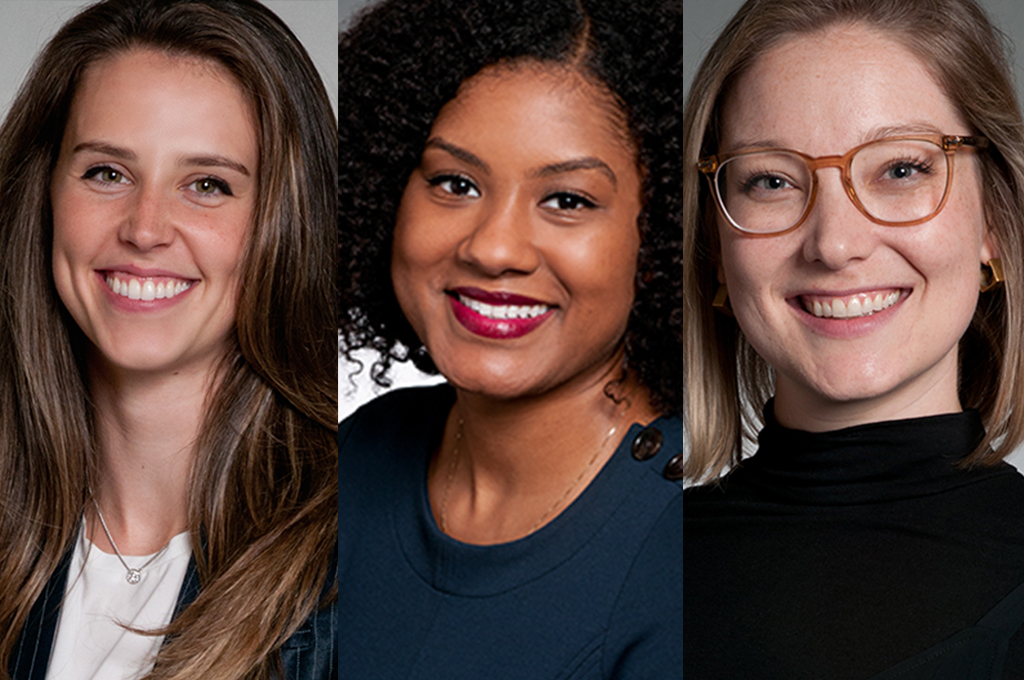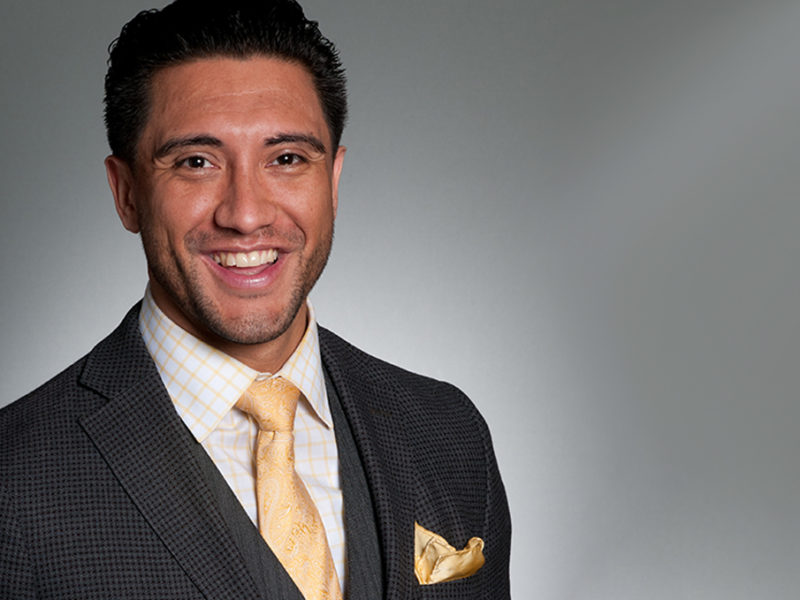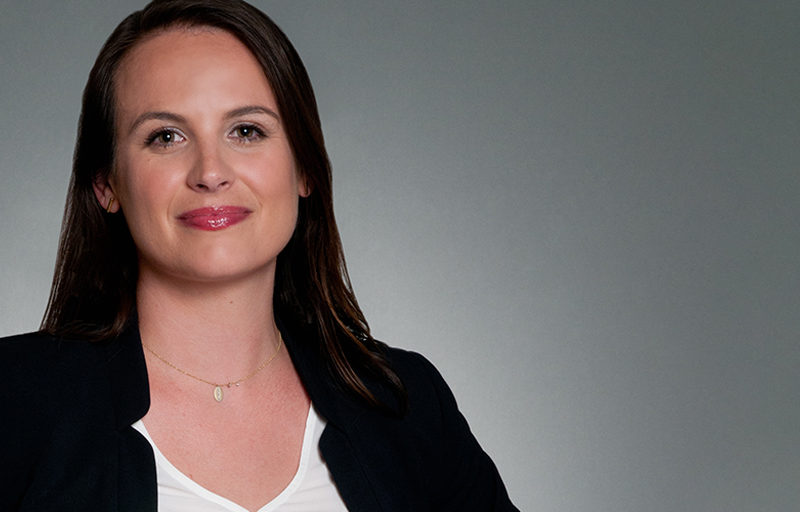
How Millennials Are Rethinking “Business As Usual”
Picture this.
It’s 2008, a year of change and turmoil. The first Black man is about to be elected president of the United States on a platform of hope and change while in the background the most substantial financial collapse since the Great Depression liquifies the foundations of the American economy. Major shifts in the cultural conversation about climate change—due to persistent heat waves, superstorms like Katrina and Ivan, and melting ice—have made “sustainability” and “ecology” more and more frequently used buzzwords.
Millennials were caught up in the throes of these seismic shifts and their future would be forever shaped by the way society reformed in the wake of these events. These days, some of the effects of those changes are becoming increasingly apparent, particularly in the way millennials conduct business. The primary changes come down to what motivates millennials in their professional endeavors in the first place. In fact 87 percent of the people born between 1980 and 2000 believe that measurements of success should take into account more than the financial performance of work, and nine out of 10 will purchase a product solely on its social and environmental impact.
As a consequence, business programs—like the Baumhart Center at Loyola University—are taking this trend into account by designing programs that are meant to facilitate a formal business education that positions social impact at its core. To learn more about how the balance between profit and purpose influences the work that they do, we sat down with three members of Loyola’s Baumhart Scholars MBA program: Annie Weinheimer, an engagement manager at Ryan Specialty Group; Erica Loeper, the manager of operations analytics at Hyatt Hotels Corporation; and Nicole Gilbertson, the general manager of Chill.
Chicago Ideas (CI): First off, tell us a little bit about what you do now and how you got into it.
Annie Weinheimer (AW): When I was in 4th grade I did a book report on Harriet Tubman. In learning about her story and her bravery, I was in awe and I have been ever since. Since then, my greatest passion has been racial equity. In 2018, I pursued an opportunity with Ryan Specialty Group on a new product team and have been here for two years. Though I didn’t anticipate transitioning to the for-profit sector, I am incredibly happy I did because now I am working to enhance racial diversity awareness across all of my networks—my relationships, education, work, and community.
Erica Loeper (EL): I currently serve as a Manager of Operations Analytics at Hyatt Hotels Corporation. In addition to my Operations Analytics responsibilities, I am also passionate about diversity, equity, and inclusion (DEI). My passion for DEI was ignited at a young age being the only African-American in my high school college preparatory and advance placement classes. Because of those encounters, my personal mission is focused on removing barriers for people of color, while helping them succeed in education and corporate America, with the hopes of creating a more equitable environment to ensure that those who come behind me do not face similar marginalization.
Nicole Gilbertson (NG): I’m the general manager of Chill, which is a meditation and mindfulness business in downtown Chicago. As general manager, I am responsible for all our brick and mortar operations, but I also support our corporate team, and I teach as well. Mindfulness is something that I am personally passionate about, and our founder, Laura, was looking for someone with experience in retail and client service to help run operations. It was a pretty good match, and since we opened in April of 2017, we’ve growing.
CI: How do you find purpose in what you do?
NG: I am very much driven by the opportunity to help people incorporate mindfulness into their daily lives. Mindfulness is something that I deeply believe can help everybody. It’s something that, personally, has been an impactful tool in my own life.
EL: For me, I believe strongly in the value system of lift as you climb. That’s why I volunteer to help young people meet their educational and professional goals while also encouraging others within my network to be bold. I am a firm believer in the strength in numbers and the power of collaboration which has a direct impact to drive change.
AW: When I see things that I don’t feel are morally right, I am compelled to do something about it. There are injustices all around us, but that also means there are so many opportunities to make our world better. It is so easy to be consumed with our own lives and immediate community, and I fall into that mode more times than I’d like. When I get outside myself and work on something that benefits the disenfranchised or makes the world a more equitable place for all, that is when I feel a profound sense of purpose.
CI: Why do you think millennials are pushing to find union between profit and purpose?
AW: As millennials, during our formative years we watched the world reward the people with the most privilege, and perpetuate the systems that keep the underserved in a cycle of oppression and poverty. That is not the world we want to live in. The problems have grown so large that it requires the passion and vigor of an entire generation to transform our system and Millennials have stepped up to the challenge. Our environment is in crisis, income inequality is increasing, racial disparities are worsening, and these issues are not slowing down.
NG: Millennials had a front-row seat for the fallout from the recession and what the net results of a profit-first and profit-only mindset can yield. A more holistic approach makes better business sense in a lot of ways. I think that also people are likely looking for harmony between what their personal values are and how they spend their professional lives.
EL: Our generation is seeking to live purpose driven lives on our own terms, while also wanting to witness how our contributions are adding value. A key differentiator of the millennial generation compared to prior generations is that our generation does not value irrational loyalty; we are risk takers and are unwilling to compromise our value system to only meet the needs of the organizations we are employed by.
CI: What value to society have you seen this union of profit and purpose pose?
EL: The intersectionality of profit and purpose has the opportunity to hugely benefit society particularly in terms of technology, economics and the environment. I believe organizations have an obligation, to invest in and create value (and not think of it solely as an expense on their P&L) in order to aid in eradicating systemic issues.
AW: We have to expand our definition of “profit” and reimagine how we steward our resources and make opportunities available to all. And, to be successful in building a more sustainable and equitable world, we must unleash the financial, intellectual, and relational resources of business. It is imperative for businesses to act in ways that address the needs of society. Everyone benefits when all sectors are working in concert to address the world’s most pressing issues.
NG: There’s a huge value to these things being melded together. Applying business strategy to scale and to solve more mission-driven issues is a really exciting way to leverage these existing structures and systems. I think there’s more than enough evidence to substantiate now that running businesses that way is profitable and more sustainable in the long-term.



